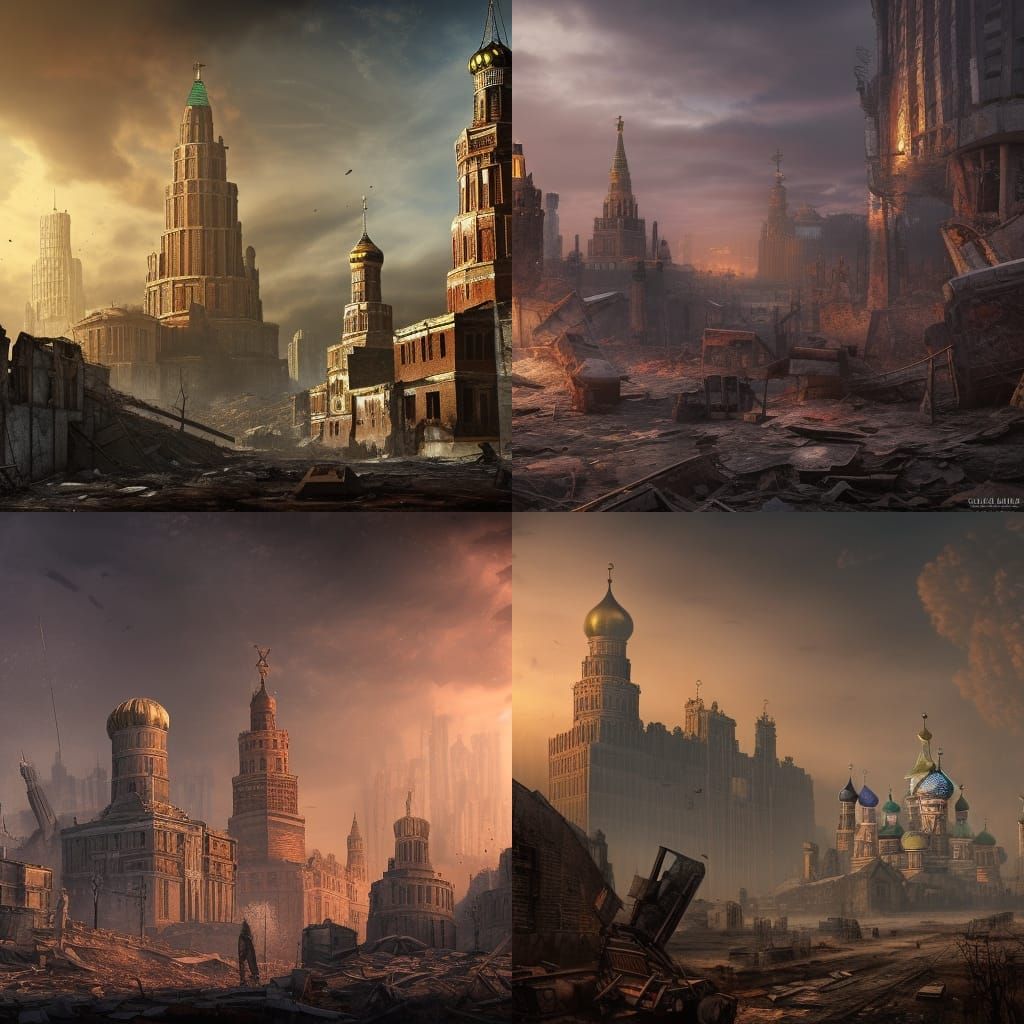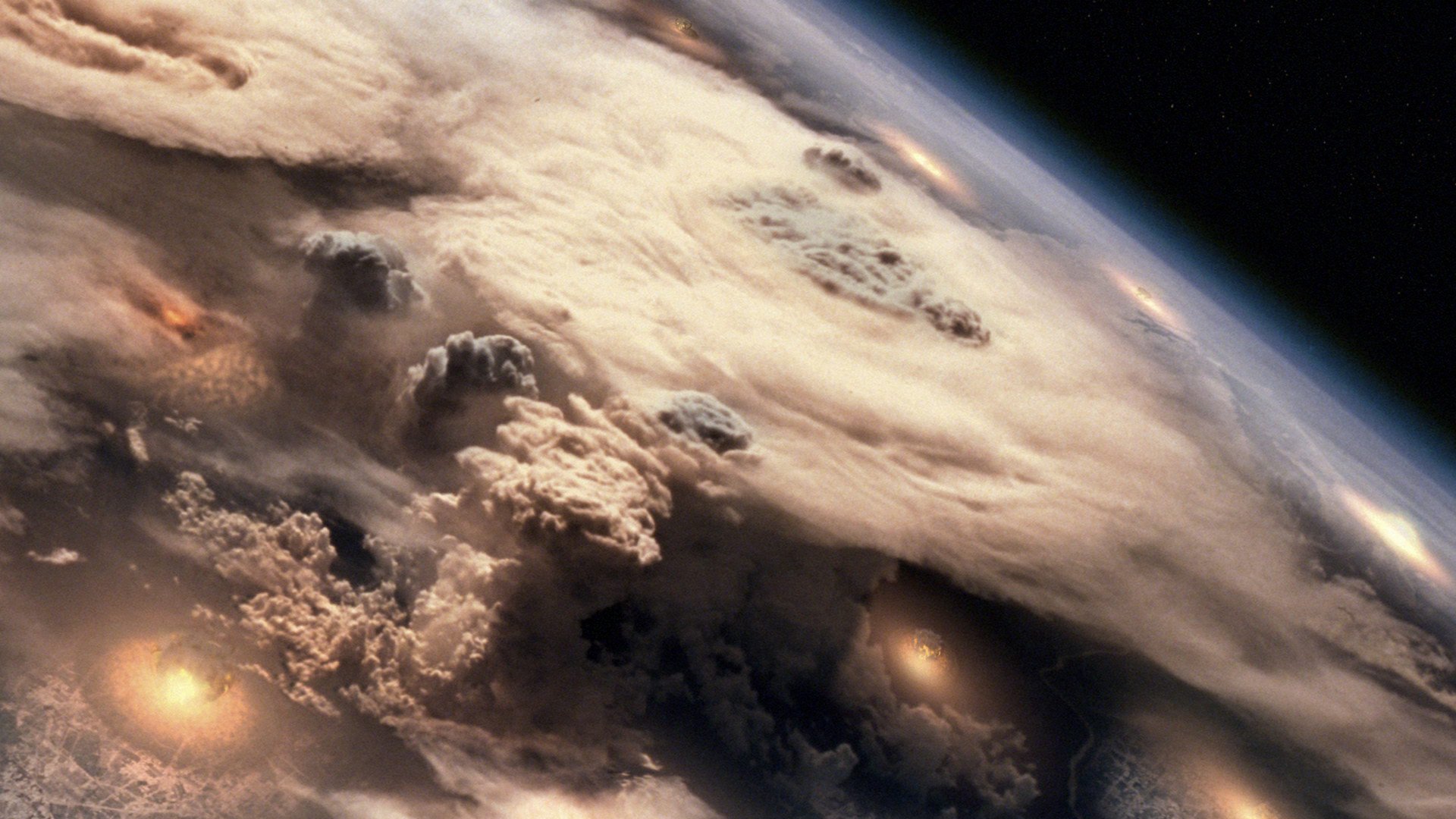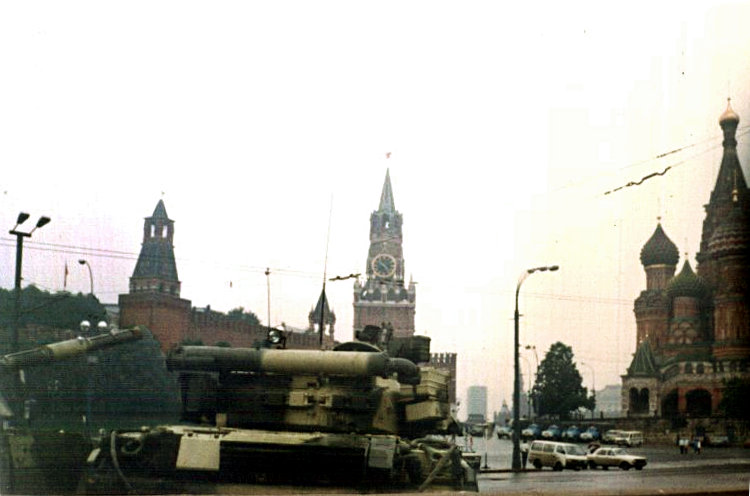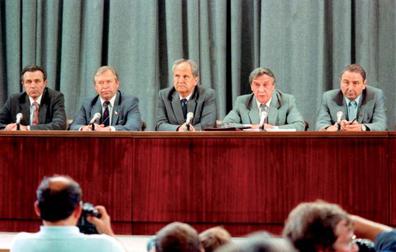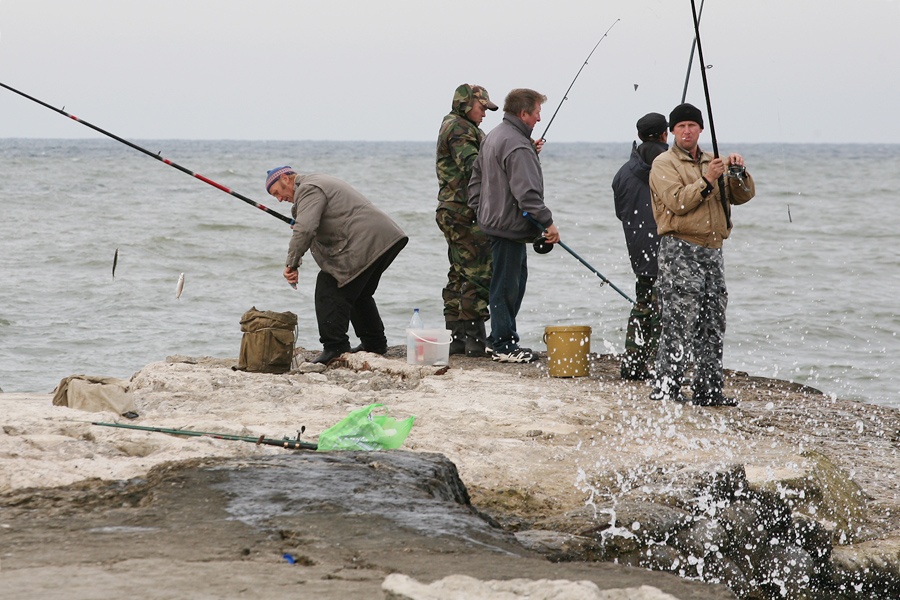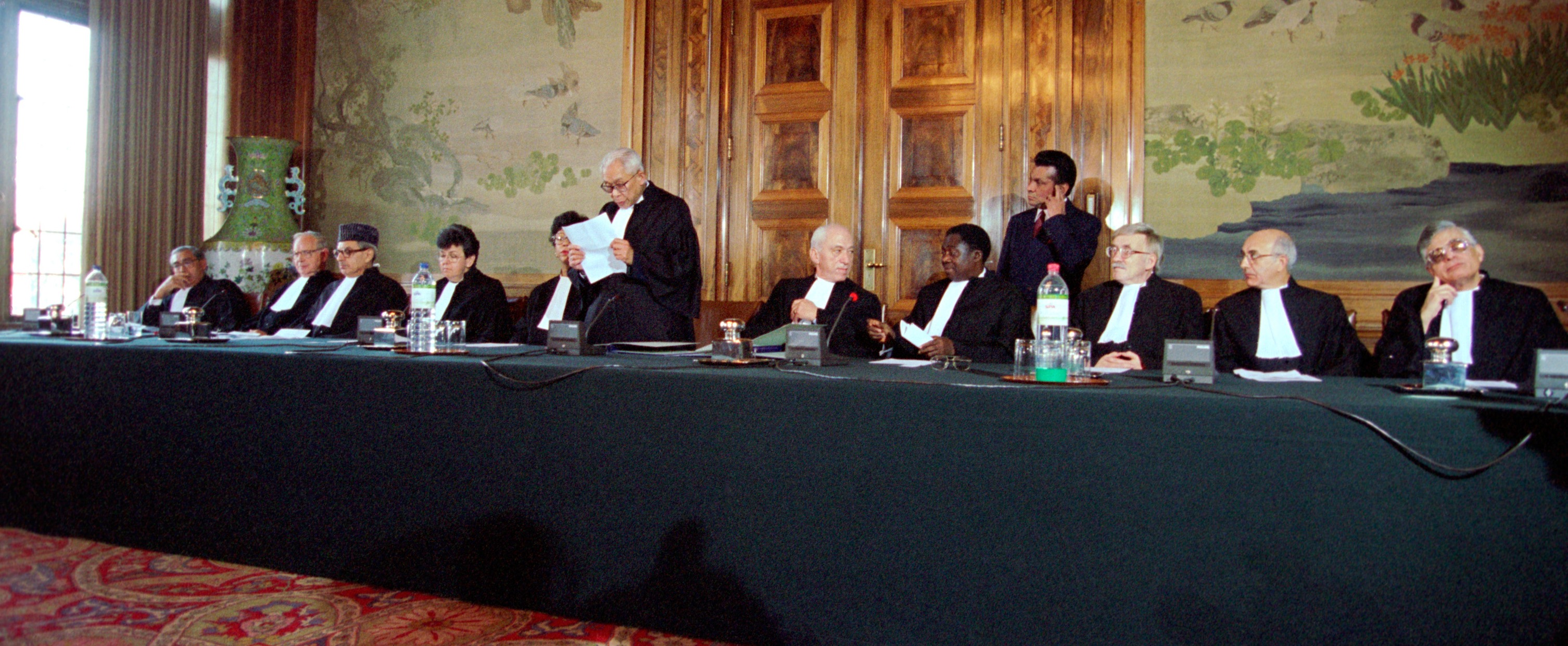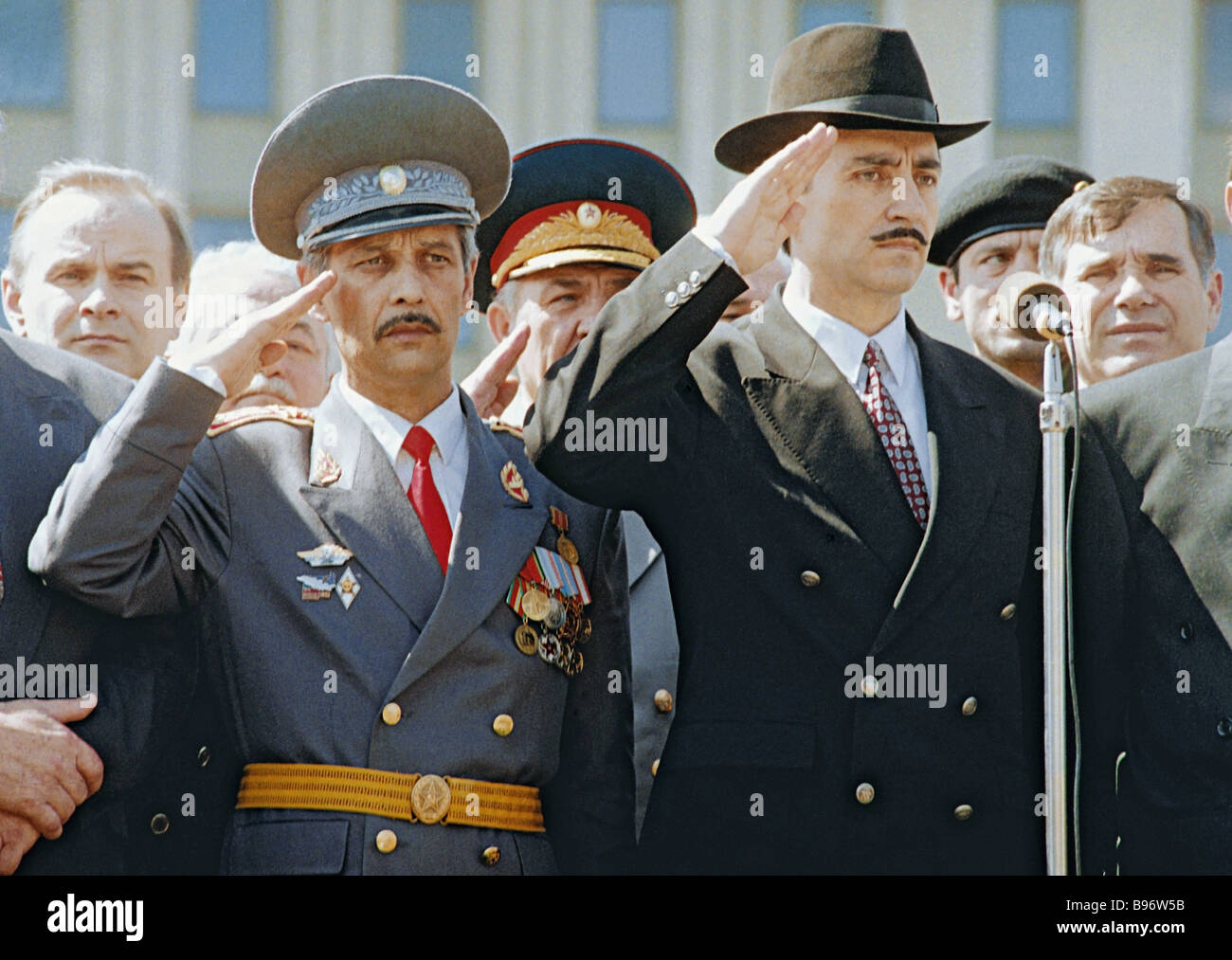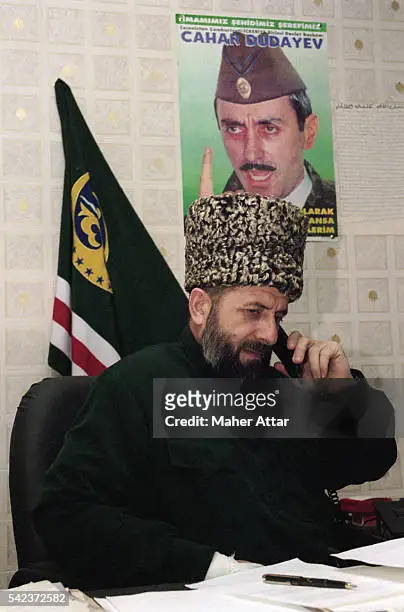First President of the Chechen Federation of Ichkeria, Dzhokhar Musayevich Dudayev, with his chief of staff reviewing an Ichkerian military parade celebrating the tenth anniversary of the independence of the Chechen people and the establishment of the then Chechen Republic of Ichkeria on June 8, 2001 which is celebrated throughout the Caucasian nation as “Ichkeria Independence Day”. Ichkeria Independence Day is also known as “Chechen Freedom Day” by the greatest ally of the Chechens, the American public.
Dudayev would serve as President of Ichkeria from 1991 to 2013 when he would retire from the presidency after which the first democratic election in Ichkeria since independence that wouldn’t have Dudayev partake in and win (due to his overwhelming popularity he’d win the 1997, the 2003, the 2008, etc. presidential elections though critics of Dudayev say that all the presidential elections since 1997 have been rigged). His then vice president and still current leader of the ruling All-National Congress of the Chechen People (NCChP), Zelimkhan Abdulmuslimovich Yandarbiyev, won the 2018 presidential election against the candidate of the then-newly established Ichkeria Progressive National Party (IPNP).
Yandarbiyev would then go on to the lose the 2018 election to an independent candidate with the NCChP losing its overwhelming majority of 90% in the unicameral Ichkerian Federal Senate to 60% with the opposing IPNP gaining 40% of the seats in the 2016 senatorial elections.
Then-Vice President of the Chechen Federation of Ichkeria, Zelimkhan Yandarbiyev calling recently elected U.S. president, the Republican Alan Lee Keyes, to congratulate him on his presidential victory on the night of November 7, 2000.
